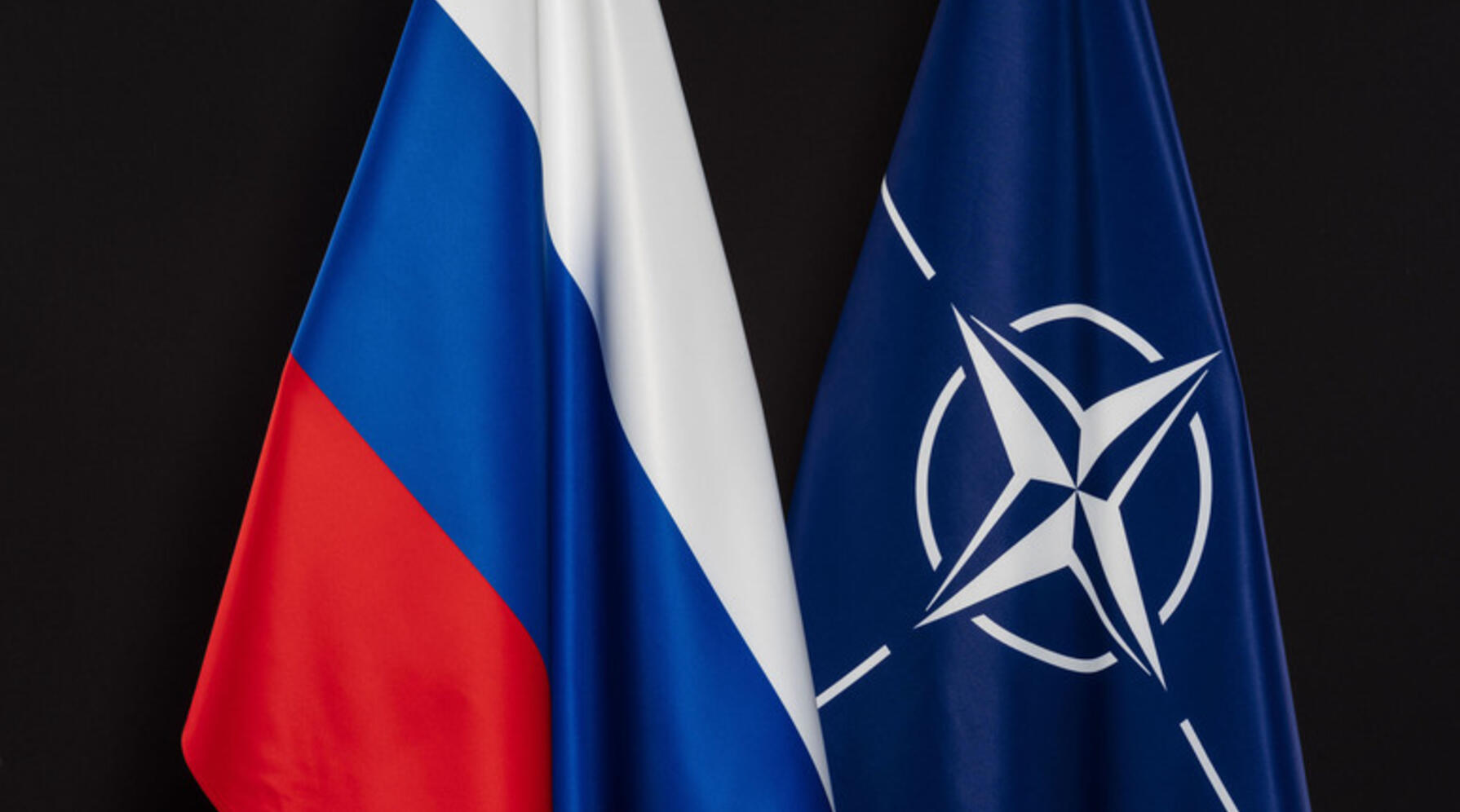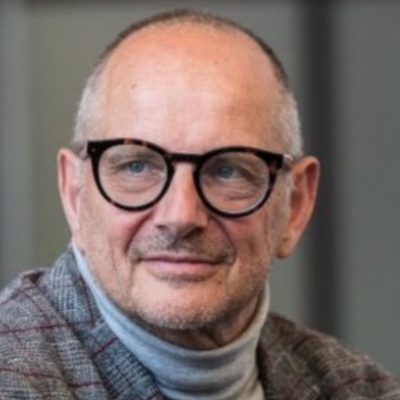
History has moments when reality begins to resemble satire. One such moment is the absurd realisation that a simple invitation, an outstretched hand to Russia to join NATO, could destabilise the entire geopolitical chessboard, not through revolution but by daring to consider the unthinkable. War would become obsolete.
By Max von Kreyfelt
Envision a world where Russia, long seen as the shadow of the Western alliance, is no longer viewed as the perpetual enemy, but as a potential partner. The heart of the conflict would shift from military deterrence to mutual interest, paving the way for a new era of peace and cooperation.
The logic of enmity, a concept deeply ingrained in international relations, would implode. NATO summits, which have historically been war councils, would cease to be so and become forums of strategic dialogue. The very concept of war would become obsolete because the image of the enemy would dissolve.
Why is this unthinkable? Not because Russia would necessarily refuse—even Putin hinted in the early 2000s at possible NATO membership—but because NATO and its key decision-makers, often referred to as the 'Atlantic masterminds', need an enemy.
No enemy means no justification for the military-industrial complex, no billions in arms deals, no rationale for foreign bases and interference. Peace is a threat to those whose power depends on conflict.
Russia is undeniably part of Europe in terms of geography, culture, and history. The country shares deep roots with European civilisation; in the music of Tchaikovsky, the literature of Dostoevsky, and the architecture of St. Petersburg. Yet, the West often chooses demonisation over dialogue. Every chance for reconciliation is systematically thwarted.
Why? Because the image of the menacing Russian is too convenient.
NATO as a peace project is an illusion. It is a powerful project, a guardian of the status quo in which America holds the sceptre and Europe collects the marbles. A NATO with Russia at the table would shatter that dynamic. Suddenly, there would be no outsider, no enemy to fear, and thus no more excuse for armament, censorship, or politics of fear.
Those who yearn for peace must be willing to entertain radical ideas: not to annihilate the enemy but to eradicate enmity itself. Russia's invitation to join NATO is not a naive gesture. It is a calculated challenge to the war economy. It removes the spark from the powder keg, not through force but through the transformative power of imagination.






